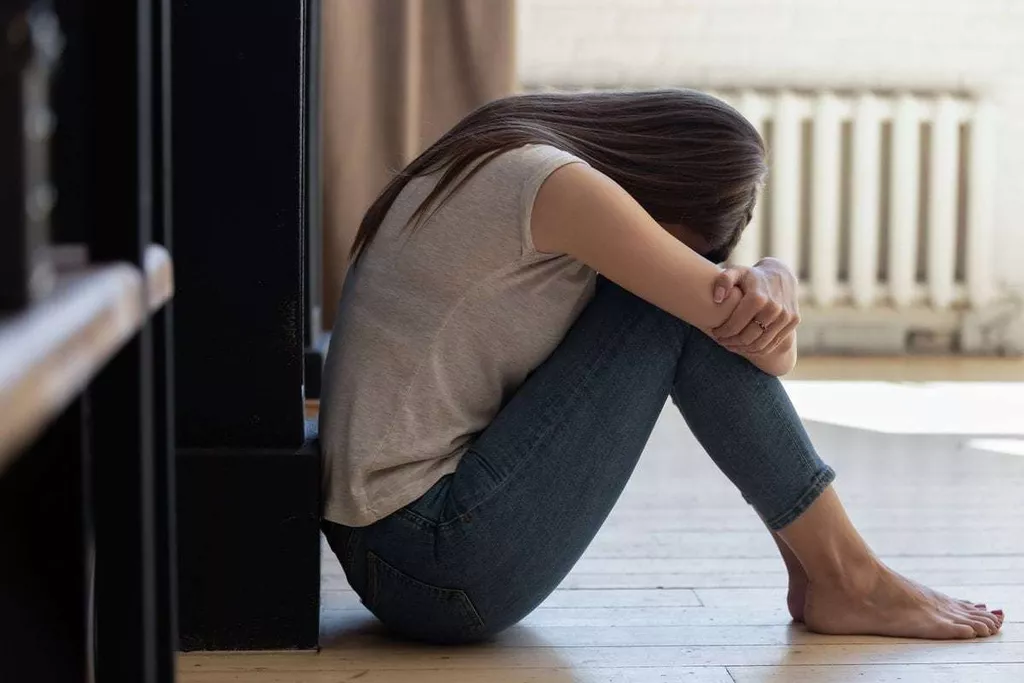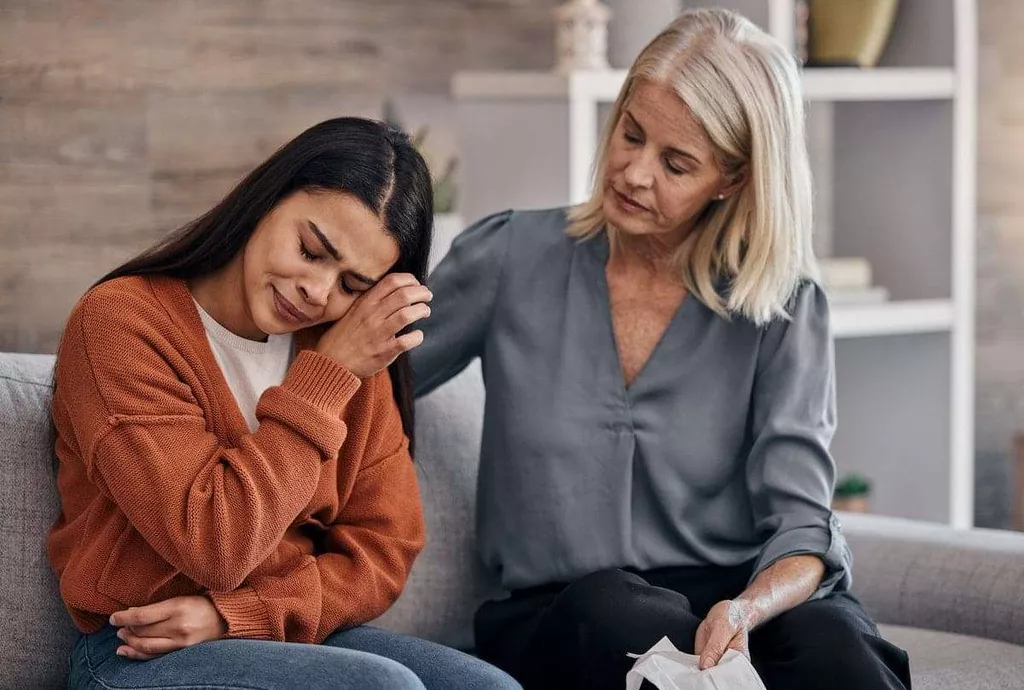Phone no: 9779851180527 or email us: info@silvercrown.com.np
Phone no: 9779851180527 or email us: info@silvercrown.com.np
Content
Alcohol abuse can lead to feelings of anxiety and depression, which can make it difficult to stop drinking. Finally, alcohol use has also been linked to an increased risk of experiencing panic attacks during social interactions. When intoxicated, you may become more emotionally reactive and sensitive to social cues, leading to heightened anxiety when interacting with others.

He completed his residency in psychiatry in 2008 at Creedmoor Psychiatric Center in New York. Dr. Thankachen sees patients with an array of disorders, including depression, bipolar illness, schizophrenia, anxiety, and dementia-related problems. In addition panic attacks and alcohol to therapy, addiction treatment centers also offer support groups. Support groups provide a safe and supportive environment for people to share their experiences and receive encouragement from others who are going through similar challenges.
Others may drink to self-medicate for problems like anxiety, depression, or stress. Alcohol abuse is defined as drinking alcohol to the point of harmful consequences, such as violence, accidents, and problems at work or school. It can also lead to problems with your relationships, health, and the law. Alcohol’s effects also lead to social withdrawal and worsening anxiety symptoms. A big reason why you want to drink in moderation is to keep your blood alcohol level from getting too high.
In addition, it makes you dependent on alcohol because alcohol can affect the brain at the amygdala, the area of the brain that determines emotional responses. One way is to teach people about the dangers of alcohol and how it can affect their mood and behavior. You can talk to your doctor about how much alcohol is safe to drink. You can also try therapy or counseling to help you get treatment for your alcohol abuse.
The withdrawal period normally peaks 72 hours after the blood alcohol level drops. The effects of withdrawal often ease 5 to 7 days after drinking ends. While small amounts of alcohol may activate GABA and cause you to relax, heavier drinking can sap GABA. While everyone may experience anxiousness from time to time, a person who has an anxiety disorder often finds their anxiety doesn’t go away and may actually get worse with, or without provocation. Withdrawal from alcohol can quickly become life-threatening if the patient does not receive immediate medical supervision. Some addicts are self-medicating to treat panic disorders, whereas others are using it to cope with everyday emotions.
Read our review of the best online therapy options to find the right fit for you. It is in a constant state of spikes and https://ecosoberhouse.com/ dips with no actual relief. People who are prone to anxiety are especially sensitive to the effects of insufficient sleep.
For example, being in a bar or going to a place where one has used drugs before can trigger a panic attack. These environmental triggers can lead to panic attacks, even in people who have overcome drug addiction. As many as half of the people who use marijuana to self-medicate their anxiety will experience increased anxiety and panic attacks.

Unfortunately, ethanol increases any baseline levels of anxiety people might have had – quite literally, pre-existing social anxiety and alcohol don’t mix. Substance abuse is a prevalent problem that affects millions of people worldwide. Panic attacks are sudden episodes of intense fear or anxiety that can last for several minutes. Alcohol-induced anxiety is the uncomfortable feeling that can happen after drinking heavy amounts of alcohol. For those who have an alcohol use disorder, it’s a symptom of alcohol withdrawal syndrome.
Unfortunately, many persons have fallen into this vicious cycle posed by alcohol and become vulnerable to panic attacks and anxiety. Another way is to provide support for people who are struggling with alcohol abuse or anxiety. Many resources are available to help people overcome addiction and prevent alcohol abuse and anxiety. Despite this lack of clarity, it seems that there could be a relationship between the two.